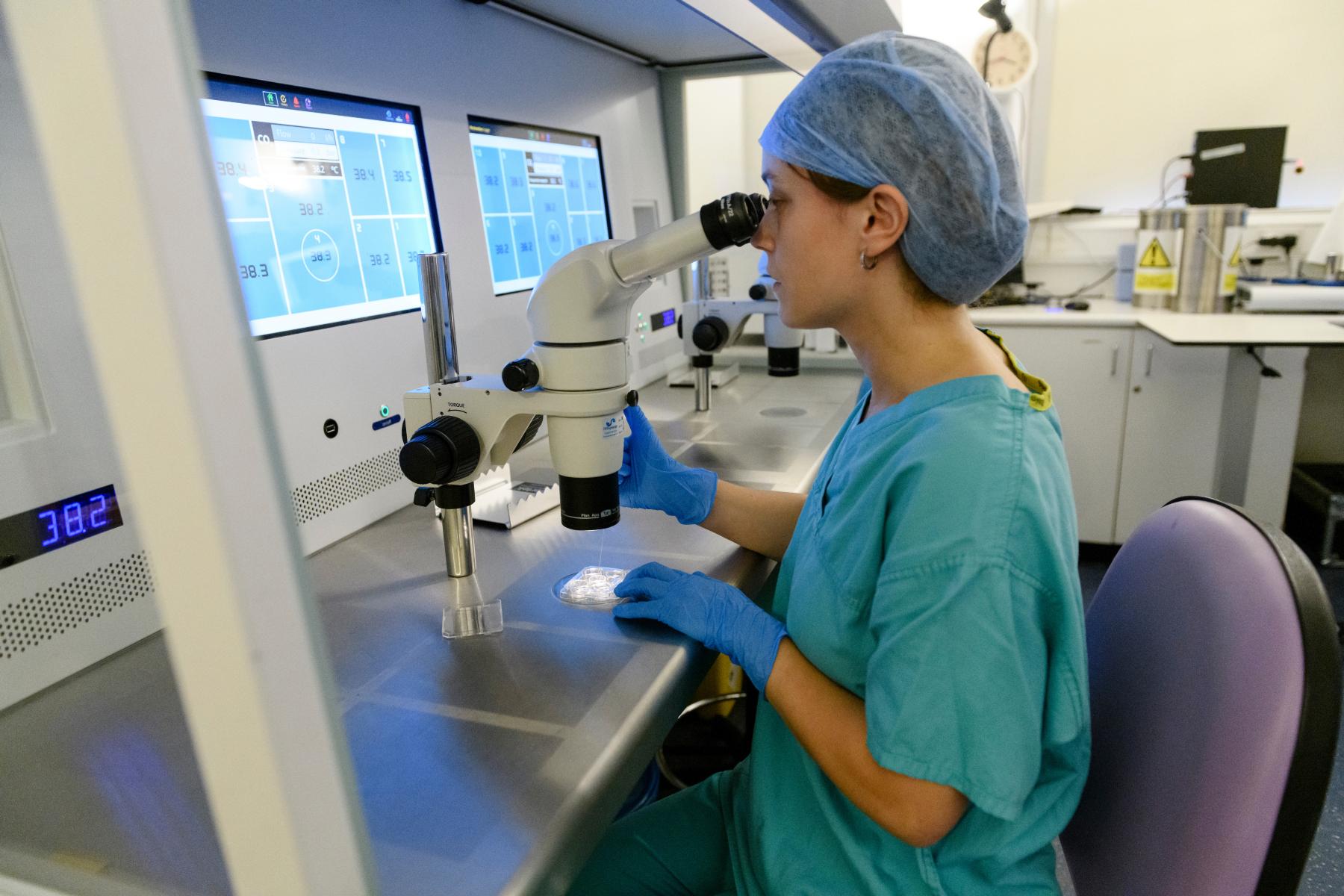“Research is for everyone”

Jenny Rivers, director of research and development at Barts Health, de-bunks some common myths about carrying out research in the NHS.
“I’ve been involved in research in a variety of roles in universities, industry and the NHS for over 15 years and it’s great to see more and more people from all parts of healthcare taking part. But we need to do more to make it easier, more appealing and less scary for people to carry out research in the NHS.

“To help do this, I’m de-bunking some common myths that I hear about research in healthcare. For example, lots of people think it’s only doctors who can carry out research. This isn’t true – research is for everyone! By setting the record straight, I hope to encourage more people from all parts of the NHS to take part in research. Not only will it benefit patients, but it will also help colleagues in developing their own roles and careers.”
Myth: Research takes a long time
Fact: Research can take a long time, but not always.
“Research can take a long time, but not always. A project can take six months, nine months, a year – it depends on the type of research. For example, clinical trials can take up to four years, but other types of research, including desk or lab-based projects can be much shorter. I also often hear that it takes a really long time to get approval to carry out a research project and to set it up. For us at Barts Health, I'm proud to say that this isn't always the case, and that we have strong relationships with key partners, including commercial companies, who we know enjoy working with us due to our expertise and efficiency in study setup and delivery."
Myth: It is really hard to get funding for research
Fact: Getting funding might not be as hard as you think.
“Getting funding for research can be hard, but it might not be as hard as you think. There are lots of organisations you can apply to, including the National Institute of Health Research . For those working at Barts Health, support is also available from Barts Charity and our Joint Research Management Office (JRMO) are on hand to support you every step of the way with any funding application – from getting costings to drafting and submitting the bid. You can also approach and speak to researchers working across our hospitals to find out more.”

Myth: There is no support
Fact: There is lots of support available
“ At Barts Health, there is lots of support available to anyone who wants to take part in research, including the JRMO, our research engagement team and our wider research and clinical leadership teams. Our Barts Life Sciences team are also on hand to support turning our research discoveries into something that helps patients. If you’re interested in getting involved in our research, find out how to here.”
Myth: Research does not help patients
Fact: Research benefits patients in so many ways
“This is one of the biggest myths I hear and it’s not true. Research benefits patients in so many ways. Every treatment a patient in our hospitals receive was developed through research, and doing more research is how we make new and better treatments for our patents. Plus, it’s a proven fact that people who are treated in hospitals where research is carried out have better outcomes than those treated in hospitals which don’t carry out research, even if they don’t take part in research as part of their treatment.”
Myth: There is not much research done at Barts Health
Fact: We're a leader when it comes to carrying out research
“Barts Health is a leader when it comes to carrying out research. We have a long track record of carrying out world-leading research which makes a difference to the people we care for. But we know we can, and we need, to do more. That’s why we have a research strategy which outlines our commitment to carrying out and developing research at all our hospitals. Through various projects, including a new clinical research facility that will open next year, we’re driving research forward to improve the lives of those we care for, improve health equity and equality in our local populations and develop our people across all specialties, professional groups and hospitals."
